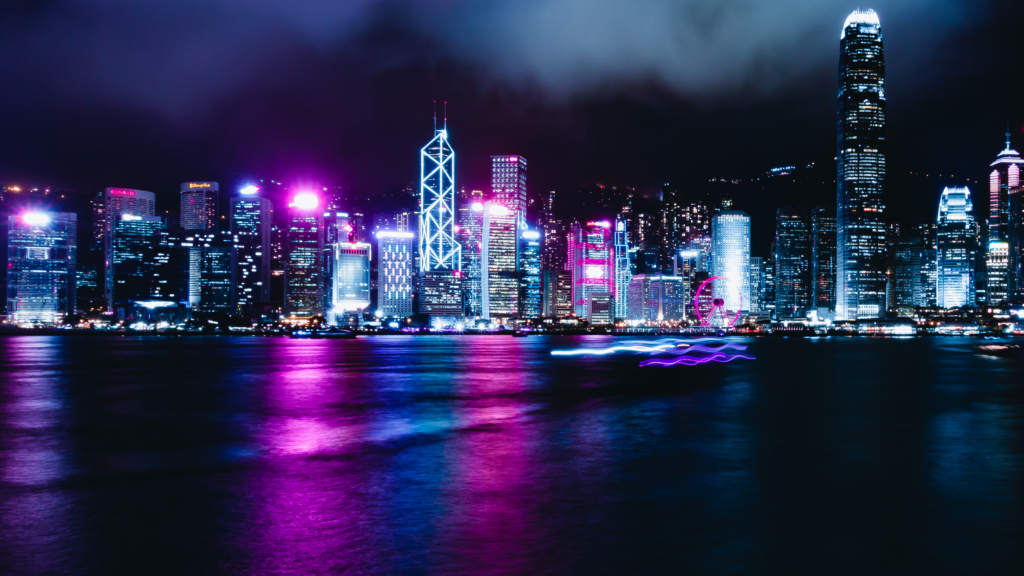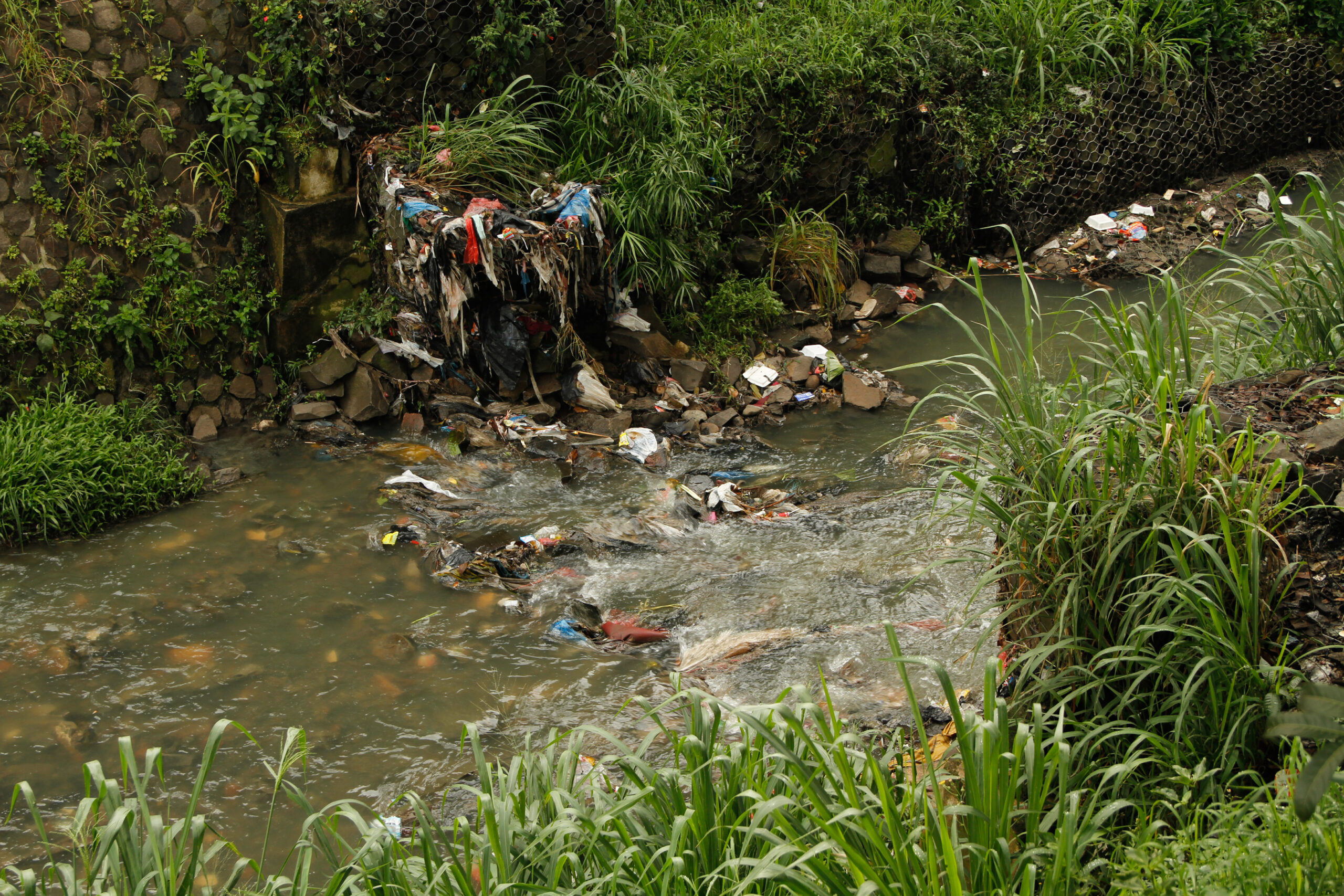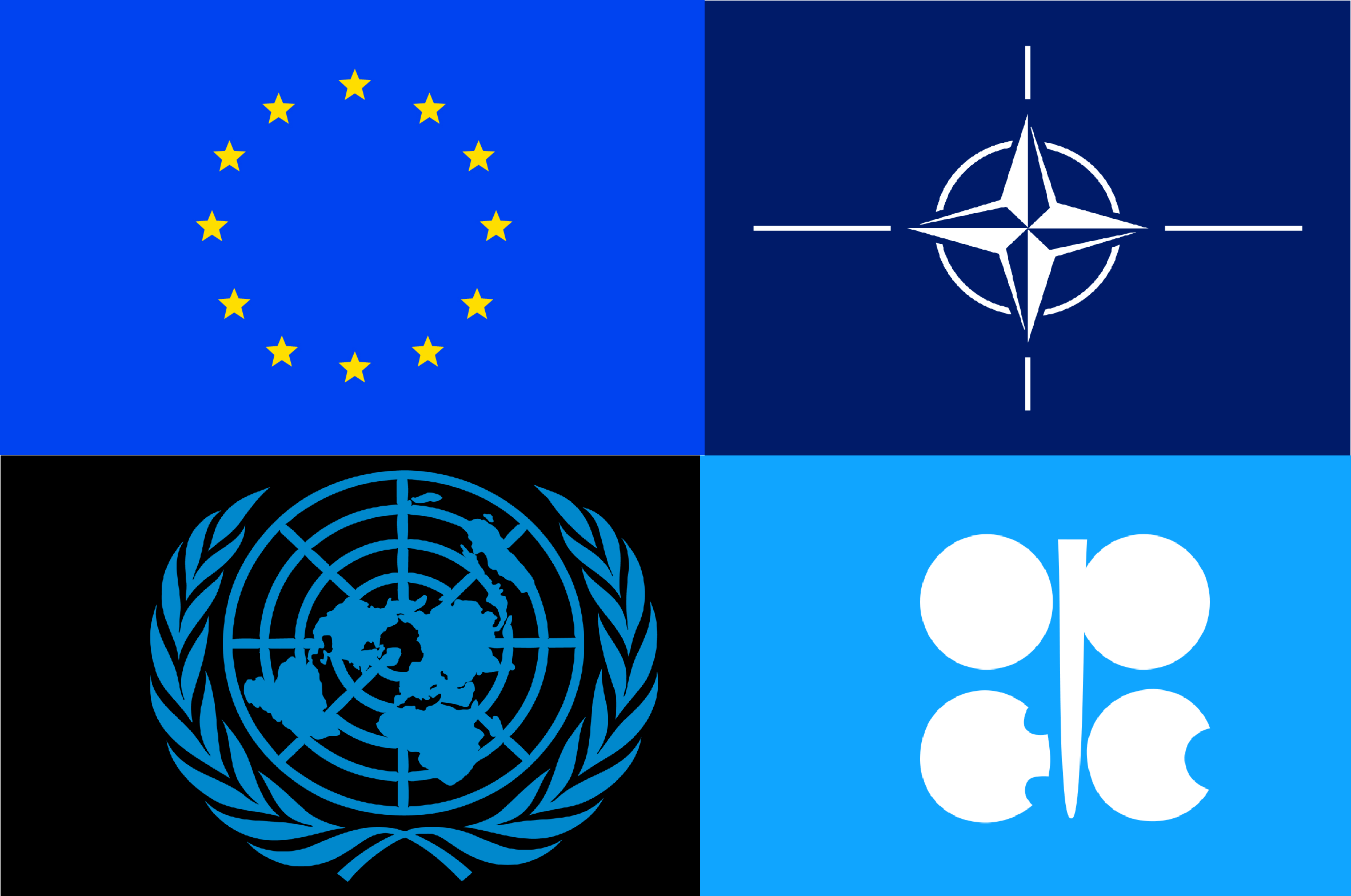Qu'est-ce qui vient après l'État-nation ?

Entre le 1er et le 14 septembre, Will Derks, conseiller externe du NIMD, a visité trois écoles de la démocratie (Lviv et Odessa en Ukraine et Gori en Géorgie), où il a discuté des temps difficiles auxquels la démocratie est confrontée et des innovations qui peuvent nous aider à relever ces défis. À Kiev et à Tbilissi, il a donné une conférence sur le statut de l'État-nation dans la politique contemporaine. L'idée de base est qu'en ce qui concerne notre système politique, nous assistons à la fin d'une époque. L'ancien est en train de mourir, le nouveau peine à naître. Voici son point de vue sur le sujet.
Dans le monde trépidant de la politique moderne, une question difficile se pose parfois : s'agit-il de la "fin de l'État-nation" (avec un point d'interrogation) ? Ce que je pense, c'est que le système politique international, dont l'État-nation est le principal protagoniste, est en train de changer. Ce système existe depuis la fin de la Première Guerre mondiale, mais pour toutes sortes de raisons, nous constatons aujourd'hui qu'il se détériore et perd de sa force, ce que beaucoup considèrent comme une cause du nationalisme populiste qui s'installe dans de nombreuses démocraties aujourd'hui. En réalité, le nationalisme populiste est un symptôme du déclin de l'État-nation, plutôt qu'un signe de sa renaissance.
La fin d'une époque
Bien sûr, même si la question est un peu provocatrice, je ne dis pas que l'État-nation va disparaître de sitôt. Cependant, nous assistons à la fin d'une ère où le système politique que nous connaissons est en train de changer fondamentalement, ne serait-ce que parce que les défis déterminants de notre époque, tels que l'inégalité, la migration, le changement climatique et le terrorisme, échappent tous à l'influence des États-nations individuels.

Un monde multipolaire où le pouvoir est dispersé
En outre, nous pouvons observer une transformation d'une infrastructure politique relativement monolithique en une multitude d'unités de pouvoir, à la fois plus grandes et plus petites que l'État-nation. Celles-ci peuvent toutes exercer une influence substantielle sur le cours des choses dans notre monde globalisé et interdépendant. En d'autres termes, l'État-nation ne disparaîtra pas, mais deviendra une source d'autorité parmi d'autres.

Des questions transfrontalières pressantes
Outre ces groupements multinationaux, nous devrions également nous intéresser à d'autres sources émergentes d'autorité politique, à savoir la ville, le grand conglomérat urbain et, en particulier, l'innovant "Parlement mondial des maires", fondé par Benjamin Barber, qui a tenu sa réunion inaugurale à La Haye en 2016. L'idée de la ville comme laboratoire du changement et de l'innovation est au cœur de ce Parlement mondial des maires, une sorte de première Société hanséatique depuis le Moyen Âge, mais désormais à l'échelle mondiale. En règle générale, les villes membres de ce Parlement se sont engagées à développer ce qu'elles appellent "des politiques et des actions communes pour répondre aux problèmes transfrontaliers urgents", en particulier les migrations et le changement climatique. En d'autres termes, elles ont l'intention de développer leur propre politique étrangère et elles sont sérieuses - par exemple, elles ont accepté de soutenir financièrement les villes dites "sanctuaires" aux États-Unis, qui sont confrontées à des réductions des fonds fédéraux par l'administration Trump.
